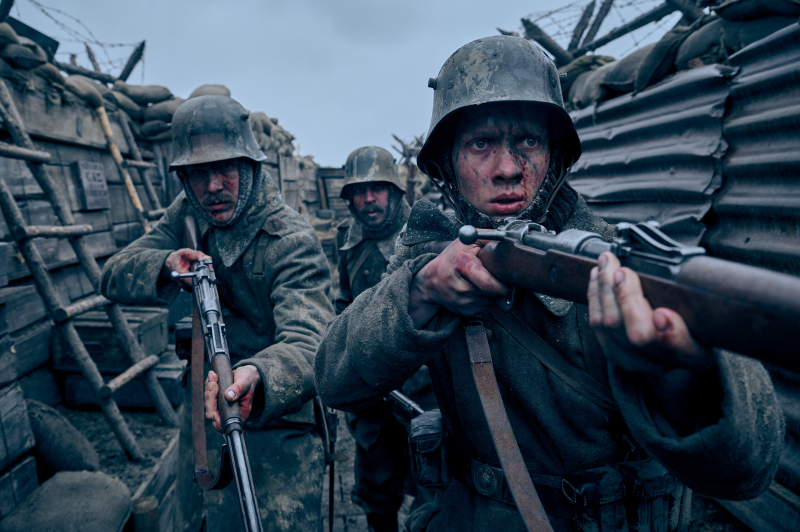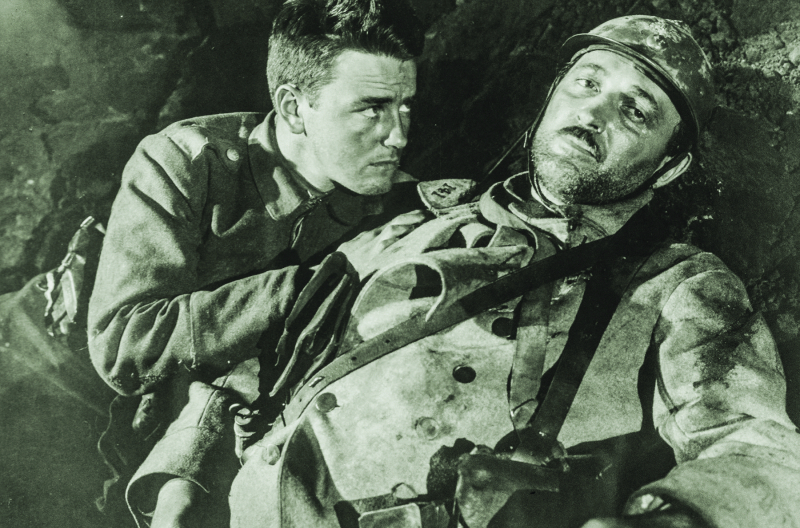The Impact of War on Society in 'All Quiet on the Western Front'
Topic: The Impact of War on Society in 'All Quiet on the Western Front.'
In Erich Maria Remarque's "All Quiet on the Western Front," the impact of World War I on society is deeply explored through the eyes of young German soldiers. This essay analyzes three significant implications of the war on society: psychological trauma, the disconnection between the home front and the battlefield, and the generational rift.
The first major impact is the psychological trauma inflicted on soldiers. The narrative, centered on the protagonist Paul Bäumer, details the brutal reality of trench warfare. Soldiers were initially motivated by notions of patriotism and glory. Then, they face the horrific realities of war, which drastically leaves them with deep psychological scars. The novel portrays the constant threat of death, the savagery of battle, and the resulting mental anguish that haunts soldiers. It emphasizes the long-lasting impact of war beyond physical injuries.
Secondly, the novel highlights the disconnect between the home front and the battlefield. During Paul's leave, he returns to his hometown. It's where life continues with a semblance of normalcy, starkly contrasting with the chaos of the front. This section of the novel showcases the inability of civilians to comprehend the full extent of the war's horrors. This disconnect isolates soldiers and creates a divide in empathy between those who experience the war firsthand and those who remain distant from its direct impacts.
Lastly, "All Quiet on the Western Front" addresses the generational rift exacerbated by the war. The older generation, represented by figures like Kantorek, is portrayed as being out of touch with the realities of the war. He has encouraged the younger generation to join the fight with idealized notions of patriotism and valor. This misguided enthusiasm contributes to the tragedy experienced by the younger soldiers, who return from the war with a sense of betrayal and disillusionment. The novel critiques the societal and generational attitudes that glorified the war.
In conclusion, "All Quiet on the Western Front" poignantly explores the devastating impacts of World War I on society. Through its vivid portrayal of the psychological trauma of soldiers, the disconnection between the home front and the battlefield, and the generational rift caused by war, the novel serves as a powerful anti-war statement.
Reference
- Remarque, E. M. (1929). All Quiet on the Western Front.














